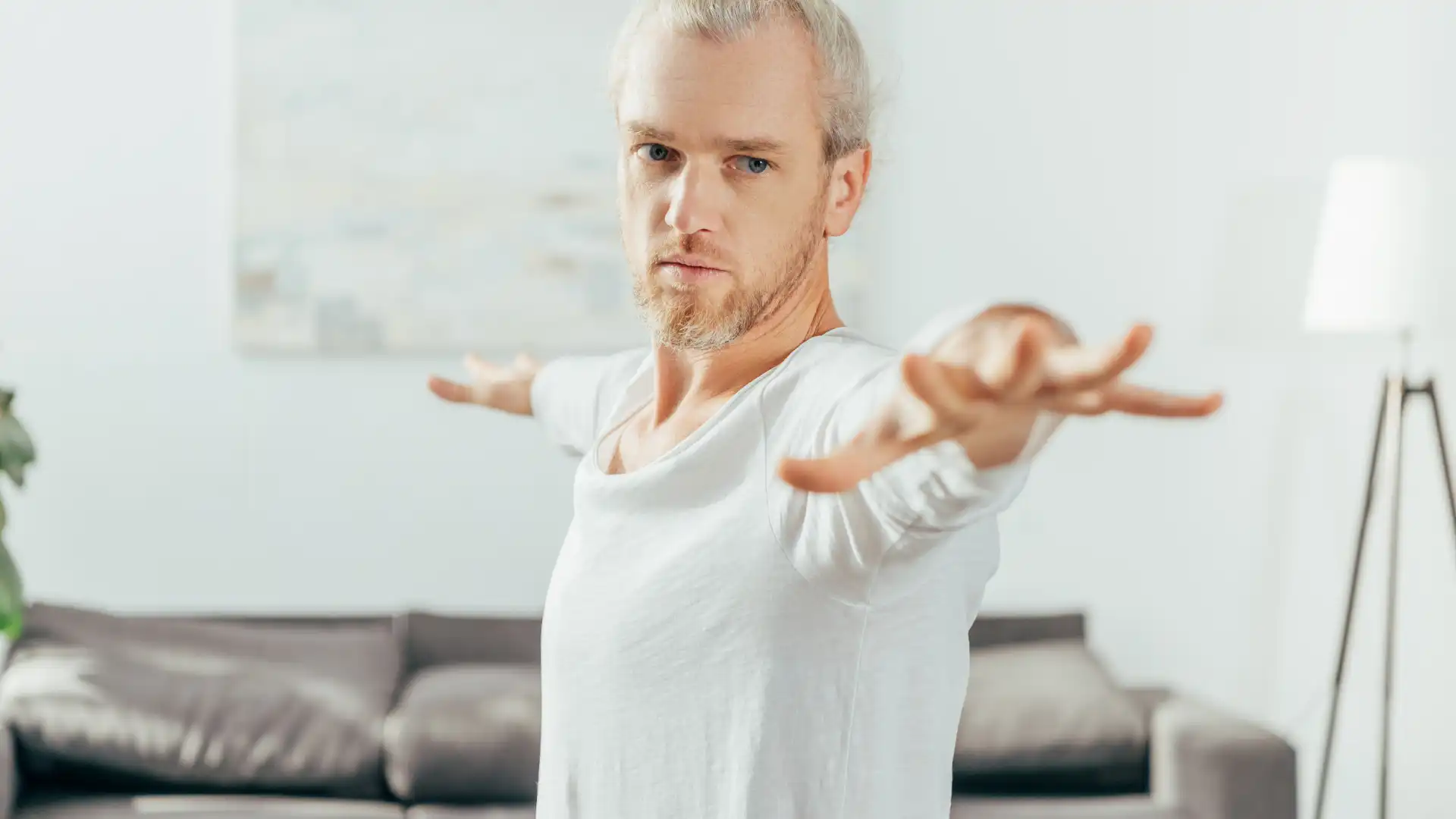Yoga & Meditation Offer Effective Alternate Treatments for High Blood Pressure, Study Suggests

Numerous studies on yoga and meditation suggest the practices offer safe alternatives to drugs for the control of high blood pressure (HBP) in some instances, according to scientists who performed a comprehensive review of the research literature.
Also known as hypertension, HBP is a worldwide health concern. According to the World Health Organization, it affects 1 billion people around the globe. (1) Unfortunately, there is no cure for hypertension, but it can be controlled.
Controlling HBP through pharmaceutical intervention alone has proven difficult. One of the key contributors to high blood pressure is stress. Therefore, stress management is a vital component of any regimen intended to control hypertension.
Studies suggest that yoga and meditation techniques help practitioners to deal with high-stress levels by stabilizing the sympathetic nervous system (a.k.a. the “fight-or-flight” response) while at the same time activating the parasympathetic nervous system (or the “rest-and-digest” response). Due to these stress-relieving benefits, yoga and meditation have been widely researched as alternative methods to control HBP.
Scientists recently set out to review and analyze prior research that examines that theory. (2) They performed a systematic review and meta-analysis of 13 randomized controlled trials, each of which examined the effect of meditation or yoga in the management of hypertension. Their goal was to evaluate the efficacy of meditation and yoga on decreasing blood pressure (BP) in hypertensive adults.
By conducting a thorough literature search of studies published between 1946 and 2014, the researchers identified 13 randomized controlled trials that met their selection criteria. Seven of these studies examined meditation; six examined yoga. The 13 studies involved a total of 753 participants, 18 years of age and older.
The types of meditation involved in this study were mantra and mindfulness techniques. Yoga techniques including both meditation and physical relaxation were examined separately.
This review and analysis revealed that meditation and yoga appeared to significantly decrease both systolic and diastolic BP (within a similar range). The researchers also noticed an intriguing difference in results based on the age of the subjects: meditation played a noticeable role in decreasing the BP of subjects more than 60 years old, while yoga seemed to influence the decrease of subjects younger than 60 years.
The scientists acknowledged that their research was somewhat limited by the differences in BP and the subjects’ ages among the 13 randomized controlled trials. Despite these limitations, the research suggests that meditation and yoga offer effective alternatives to drugs for the treatment of hypertension.
The scientists concluded that meditation and yoga are scientifically effective alternative therapies for lowering BP in hypertensive adults. Their results were published in the Journal of Alternative and Complementary Medicine. (2)
Do you need more helpful practice tips-this time to counteract too much sitting? Read this article from Christine Malossi and YogaUOnline – 6 Yoga Poses to Counteract the Effects of Sitting.
Study with YogaUOnline and Robin Rothenburg- Restoring Prana: Key Roles of the Diaphragm in Health and Vitality.
 Christine Malossi began practicing yoga in 1999. Based in New York City, she offers an alignment-focused, slow Vinyasa practice that cultivates awareness and equanimity. She is currently enrolled in an 800-hour course on the History, Literature, and Philosophy of Yoga (taught by Brenda Feuerstein, designed by the late Georg Feuerstein). Christine is a Registered Yoga Teacher with Yoga Alliance, and has additional certifications in Therapeutic Yoga, Restorative Yoga, Accessible Yoga, and Functional Anatomy for Movement and Injuries. She attended the University of Pennsylvania and NYU and also spent many years studying classical ballet. Find her at christinemalossi.com.
Christine Malossi began practicing yoga in 1999. Based in New York City, she offers an alignment-focused, slow Vinyasa practice that cultivates awareness and equanimity. She is currently enrolled in an 800-hour course on the History, Literature, and Philosophy of Yoga (taught by Brenda Feuerstein, designed by the late Georg Feuerstein). Christine is a Registered Yoga Teacher with Yoga Alliance, and has additional certifications in Therapeutic Yoga, Restorative Yoga, Accessible Yoga, and Functional Anatomy for Movement and Injuries. She attended the University of Pennsylvania and NYU and also spent many years studying classical ballet. Find her at christinemalossi.com.
Resources
1. World Health Organization – Raised Blood Pressure. 2013.
2. Seong-Hi Park, Ph.D., RN. Blood Pressure Response to Meditation and Yoga: A Systematic Review and Meta-Analysis. The Journal of Alternative and Complementary Medicine, Volume 23, Number 9, 2017, pp. 685–695.
P. (n.d.). Blood Pressure Response to Meditation and Yoga: A Systematic Review and Meta-Analysis. Retrieved from https://reference.medscape.com/medline/abstract/28384004



